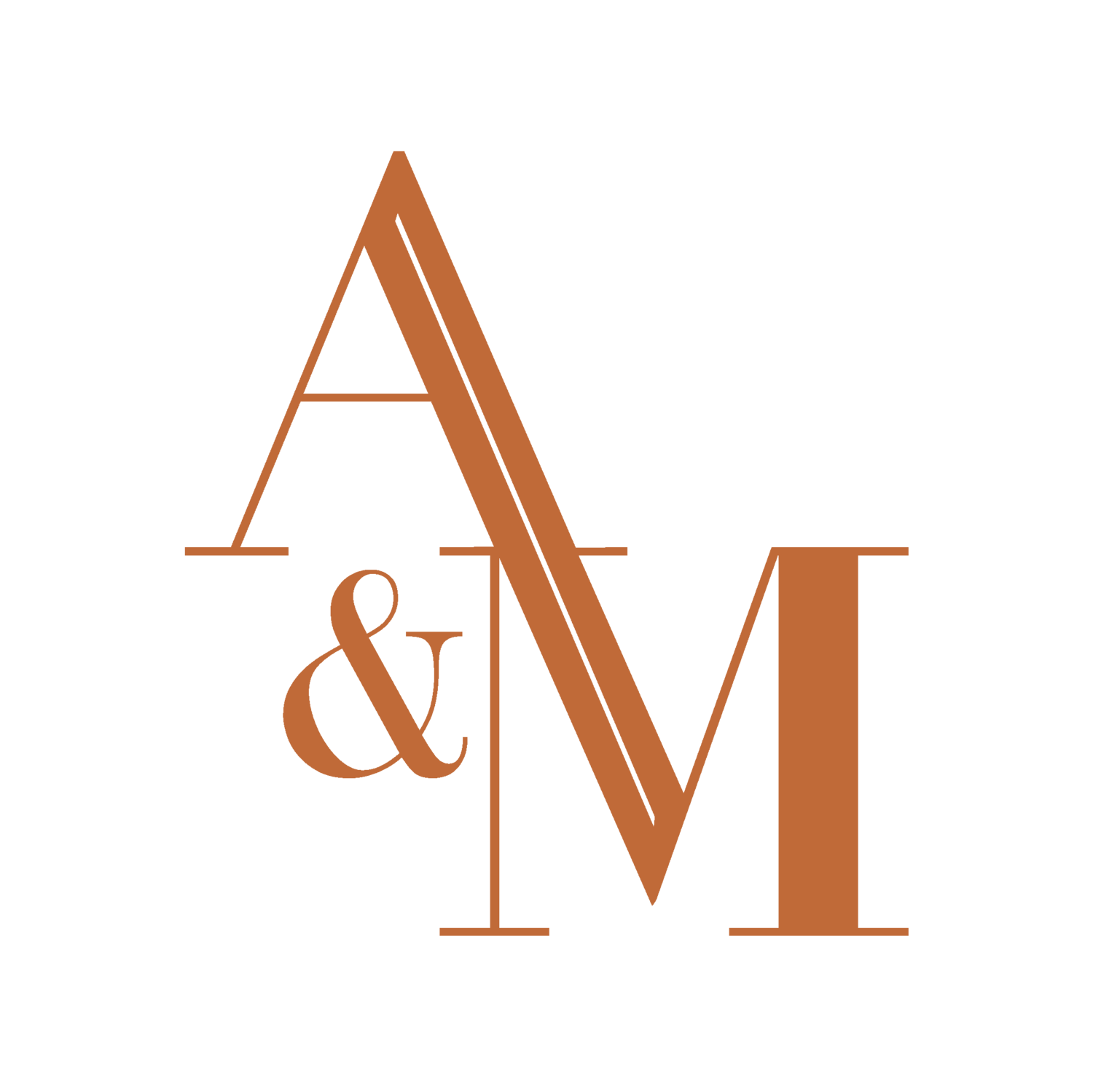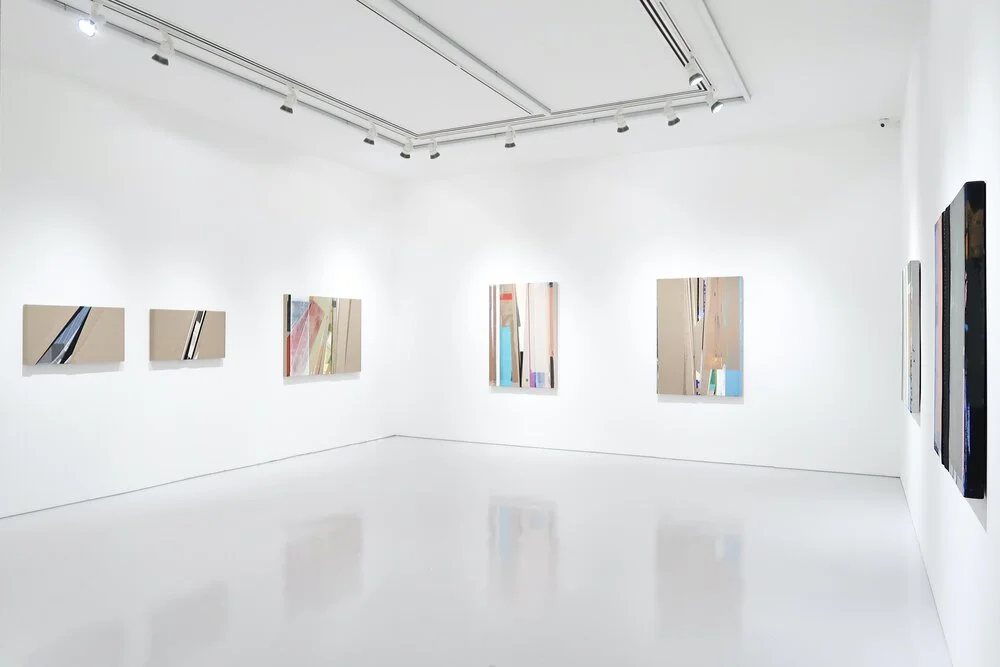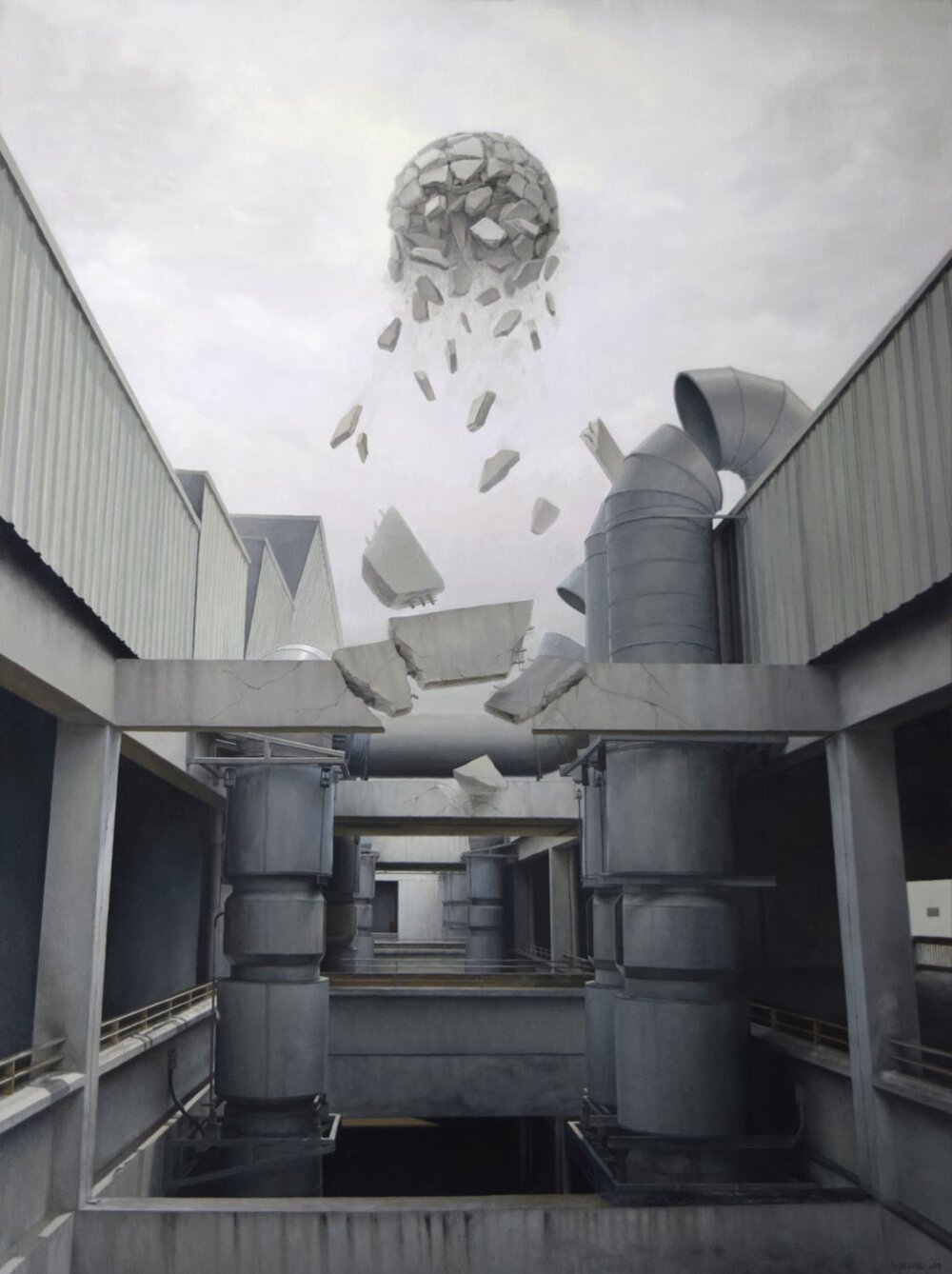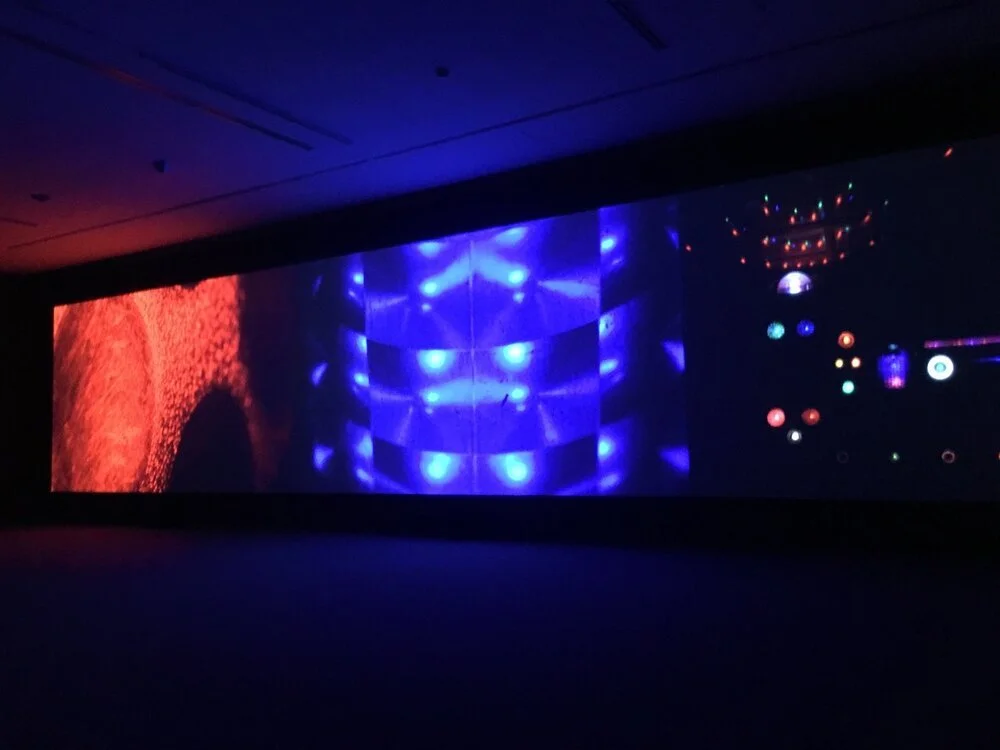Southeast Asia at Frieze
ruangrupa, STPI — Creative Workshop and Gallery and Gajah Gallery
By Kylin Lew
Yunizar, ‘Induk Monster (Mother Monster)’, 2017, castronze, 55 x 82 x 170cm, installation view. Image courtesy of Gajah Gallery.
With life back to almost-normal in London, Frieze London is taking place as usual this year in Regent’s Park from 13 to 17 October, following its cancellation last year. The contemporary art fair brings together over 160 galleries from all over the world, and is the anchor event of Frieze Week, which also boasts an extensive programme of talks and events across London, both online and in-person. For those unable to attend physically, the fair also offers Frieze Viewing Room as its online counterpart. Southeast Asia is represented at Frieze by ruangrupa, STPI — Creative Workshop and Gallery, and Gajah Gallery, and is a small portion of Frieze’s international lineup.
ruangrupa. Photo by Saleh Husein.
Starting off Frieze Week on 13 October, farid rakun of Indonesian collective ruangrupa delivered the opening address in a series of online and offline talks curated by Jeppe Ugelvig, which focus on artistic collaboration and the economies of exchange. It was jointly delivered with Question of Funding, represented by Yazan Khalili, and Lara Khaldi of the documenta artistic team.
The talk was given in the context of ruangrupa’s appointment as the artistic director of the fifteenth edition of documenta, and their recent announcement of the list of participating artists. They have built the foundation of documenta fifteen on the core values and ideas of the ‘lumbung’, the Indonesian term for a communal rice barn. Question of Funding is one of the ‘lumbung’ members invited by ruangrupa for the highly anticipated event, which is set to take place next year in Kassel, Germany.
“If we consider Frieze as a sustained attempt to build community, it is valuable for the ‘lumbung’ network we are building as a sounding board”, says rakun, referring to their continued pursuit of exchange and collaboration across the art world, which finds its origins in the spirit of communal resource sharing behind the Indonesian ‘lumbung’. “ruangrupa is not alone in thinking about this,” he adds, ”and we are hoping to receive some valuable input and feedback while we are in the middle of devising it.”
Genevieve Chua, ‘Edge Control #15, Soft Diplomacy’, 2018, acrylic on linen, 60 x 42 x 4.5cm. Image courtesy of the artist and STPI.
STPI — Creative Workshop and Gallery is featuring Genevieve Chua (Singapore), Heman Chong (Singapore), Sam Durant (USA), Jason Martin (USA) and Haegue Yang (South Korea/Germany) at the fair. The gallery is participating through a satellite booth. This is a pandemic-conscious measure introduced to allow gallery staff to communicate with their clientele online. And at the physical booth where the artworks are displayed, fair staff will act as intermediaries. STPI is also one of only six galleries to take part in ‘Editions’, a new section presenting editioned works by some of today’s most renowned contemporary artists. “After last year’s series of halts and interruptions to the global calendar, it feels incredibly exciting, almost unreal to be back,” says Rita Targui, Director of STPI Gallery. “The resumption of pivotal fairs such as Frieze London is a game changer, an opportunity for the international art community to reconnect at a deeper level and is certainly a much welcomed leap forward.”
Haegue Yang, ‘Edibles – NTUC Finest, OH’ FARMS, Lemon Balm, 150g’ , vegetable pressed on paper, 60.5 x 153.50 x 4.5cm (framed). Image courtesy of the artist and STPI.
Among the works displayed is ‘ Edibles – NTUC Finest, OH’ FARMS, Lemon Balm, 150g’, a new work by Haegue Yang as part of the ‘Edibles’ series produced at STPI. The stark materiality of this work, immediately evident from its title, makes itself even more apparent upon scrutiny, and the depth of detail in the work is surprising. Engaging with local materials during her residency in Singapore, Yang interacted directly with vegetables she bought from local stores, using the natural pigment in the leaves as a means for her mark-making. Despite being of the same species, no leaf appears the same in their form or tone. Instead, the faint gradation of colour across each leaf caused by the uneven spread of pigment across the paper seems organic and uncontrollable, with some imprints appearing browner while others are a faint green. In doing so, Yang explores the limits of printmaking through her use of pressed vegetables, creating ephemeral marks on paper.
Over at Regent’s Park’s English Gardens is Indonesian artist Yunizar’s ‘Induk Monster (Mother Monster)’, presented by Gajah Gallery. Its simplified features and elongated limbs bring to mind a whimsical reconstruction of a child’s sketch, complete with awkwardly stiff limbs, bulbous eyes, cartoon-like eyelashes, and a blank stare. Yet, the playful conception of its form is at odds with the sharp claws and hard reptilian skin; Yunizar straddles between predator and prey, depicting a ‘monster’ softened by an endearing charm. His belief in personal — rather than institutional — ideas of beauty and the revelation of human nature through organic instinct certainly manifests itself in the self-assured form of the ‘Induk Monster’, unapologetic even in its awkward amalgamation of parts. Between its borrowed features and earthy tones, the creature looks at home in its surroundings, despite being a product of make-believe.
Yunizar is the only Southeast Asian artist featured as part of Frieze Sculpture, curated by Clare Lilley. “We are proud to have Yunizar represent Indonesian artists at Frieze for the first time, alongside many other wonderful artists,” says Jasdeep Sandhu, the founding Director of Gajah Gallery. “Southeast Asian art in particular has made tremendous developments in recent years, with museums and institutions giving our artists long over-due recognition, and I think it’s a breath of fresh air for art lovers and collectors as well.” The sculpture stands alongside sculptures by other contemporary artists, including Daniel Arsham, Gisela Colón, and Rose Wylie. Remarking on the significance of Yunizar’s inclusion in Frieze, Sandhu also adds, “To have ‘Induk Monster’ placed in Regent’s Park is an important moment for Yunizar, and for Yogya Art Lab where the sculpture was produced.”
Installation view of STPI's booth at Frieze featuring the works of Heman Chong on the left and Haegue Yang on the right. Image courtesy of STPI – Creative Workshop & Gallery, Singapore.
Southeast Asian artists and galleries’ involvement in Frieze is certainly positive, and their small share in an international event is significant nonetheless. As the art world slowly returns to normalcy and the physical boundaries that separate us once again begin to soften, we can look forward to more sustained and meaningful exchange across the international art community.
For more information about Frieze, visit https://www.frieze.com.















